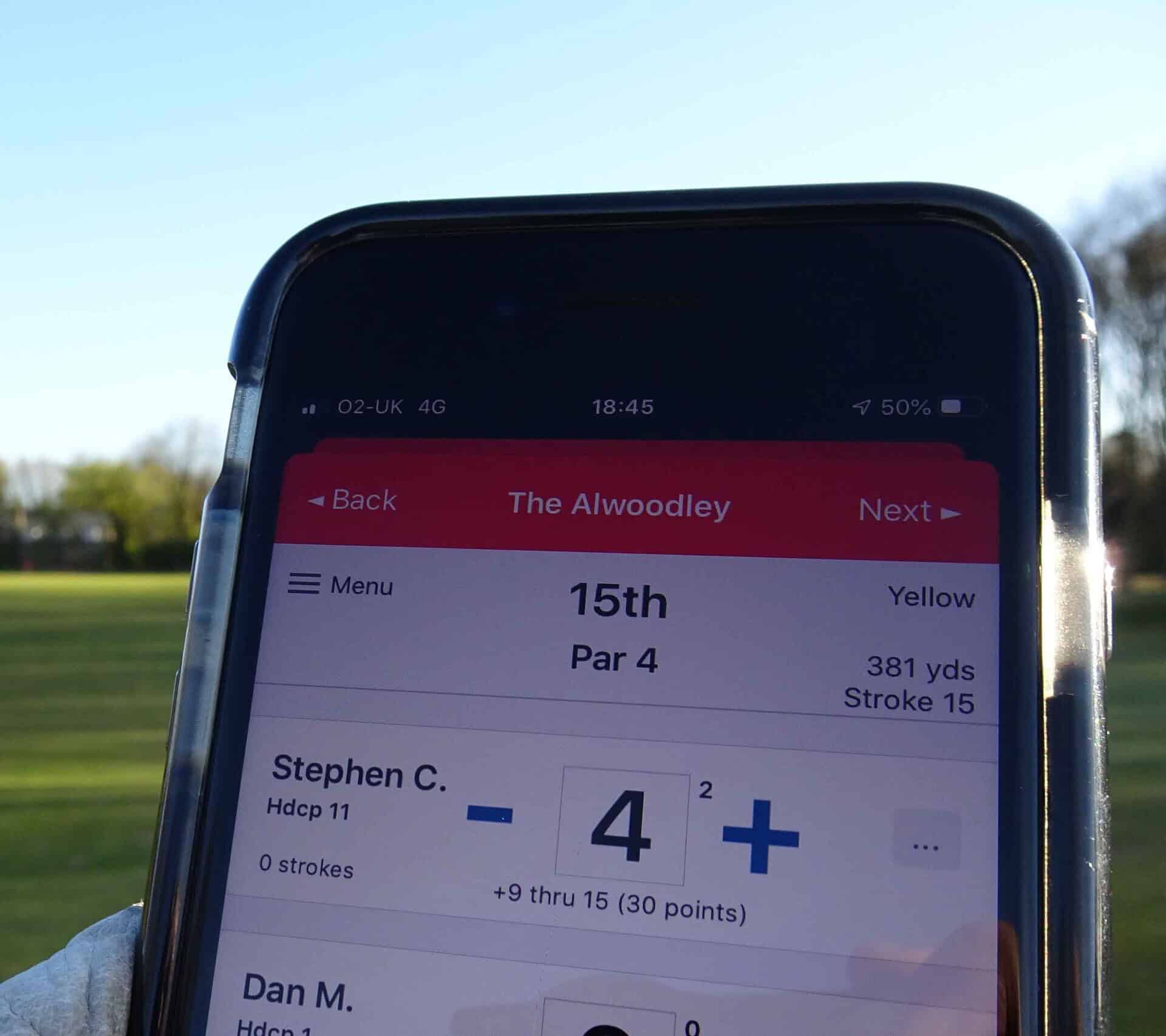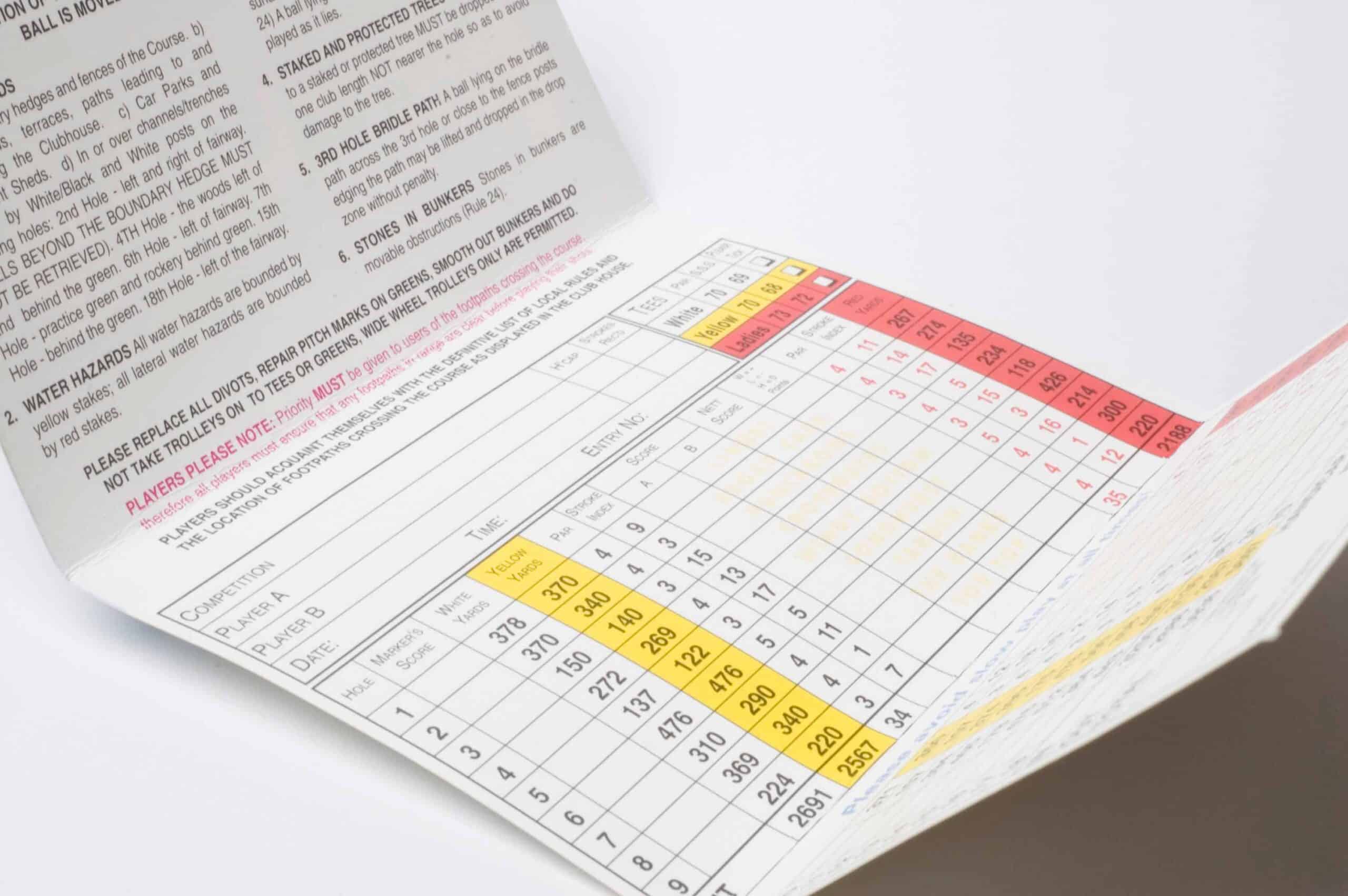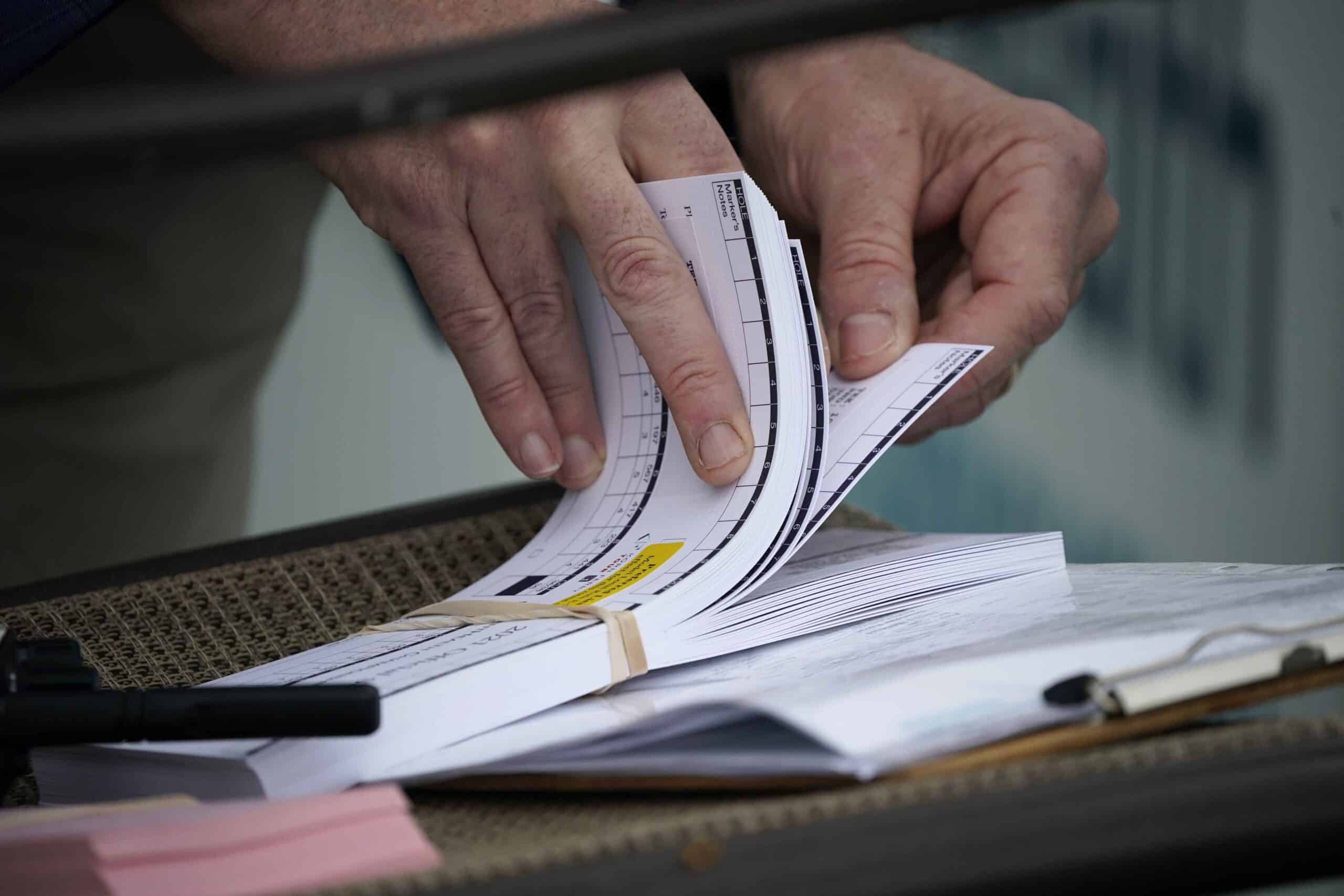
What will change under the World Handicap System?
It’s finally here. After a build up that would shame a heavyweight title fight, the R&A and USGA finally announced the key principles of the new World Handicap System.
Set to be implemented in 2020, the two governing bodies say it is designed to “provide all golfers with a consistent measure of playing ability”.
There are six handicapping systems around the globe at present, including CONGU in the UK, and all were reviewed before the new World Handicap System was established.
So what are the major features of the new system, what questions do they raise and how might they affect our competitions? Let’s take a look…
Worldwide use of the USGA course and slope rating system
The worst kept secret in amateur golf is finally revealed. Anyone with half a brain knew that slope was going to become the standard and, in actuality, the work to prepare for this has been under way in the UK for some time.
Anyone notice that your course has been re-rated recently? That process, which has been ongoing for a couple of years now, has seen layouts looked at in line with USGA standards.
So what is course and slope rating? A course rating, in the simplest terms, is the number that indicates the difficulty of a golf course when played by a scratch golfer under normal weather conditions.
It’s based on yardage and other obstacles that affect how difficult scoring may be to that scratch player.
The rating is usually close to a course’s par and goes up depending on how difficult the course is. The figure is the number of strokes taken to one decimal place. So, while a course might be a par of 71, it’s course rating could be 71.3.
Slope, meanwhile, is the number that estimates how difficult a course is to a ‘bogey’ golfer. In USGA terms, a bogey golfer is a player “who has a course handicap of approximately 20 on a course of standard difficulty”.
The course slope ranges from 55, which is considered simple, to 155. The higher the score, the more difficult the course.
Understand? Hmm…
Many golfers, misunderstanding the system a touch, believe that slope will automatically see their handicaps increase. But that may not be the case.
If the new USGA course rating, and slope rating, consider your club course to be easier than the current CONGU rating, then your handicaps are going down.
Calculating handicaps on an average
The R&A and USGA say handicaps will be calculated using the best eight of the last 20 scores and “factoring in memory of demonstrated ability for better responsiveness and control”.
There’s a couple of questions here. Why eight scores? Is that an arbitrary number or is there a method behind using that particular figure?
What on earth does “factoring in memory of demonstrated ability for better responsiveness and control” mean?
Does it mean that if someone remembers I scored 40 points in the April Stableford then my average can be adjusted based on the fact I have ‘demonstrated’ my ability to shoot that score in the past?
It might. But reading further, however, it appears the aim is to suggest something of the opposite – that a temporary loss of form “should not automatically lead to an excessive increase in handicap”.
Allowing both competitive and recreational rounds to count for handicap ability
This is the thing that is going to get some golfers excited. By excited, I mean angry.
Just over a year ago, when England Golf announced that clubs should monitor roll-ups and swindles during non-qualifying periods in order to crack down on potential ‘bandits’ there was an outcry – both from clubs who thought they’d have to administer it and players.
I know of some clubs, and organisations, who simply refused to take on the guidelines.
What is crucial when allowing recreational rounds to count for handicaps is how it is administered.
Given that the governing body’s announcement merely outlines the proposal, little is revealed about how that will actually happen.
I’ve little problem with a golfer who has a good round putting in a retrospective card for handicap purposes. I’ve always felt the need to declare a supplementary before going out was tedious.
But just as the supplementary system is routinely abused by players looking to quickly edge their handicap up, so the use of recreational rounds – particularly when they count for a mark that’s made up of average scores – will need to be tightly policed.
And it’s clubs, not the new handicap administrators, who will have to do that.
The other key thing to consider is: if you are going to allow recreational rounds to count, doesn’t everyone have to do it?
I’m not sure if a situation where some are putting in recreational scores, and some aren’t, wouldn’t skew the system.
Couldn’t some players just protect their marks by not using recreational rounds, while others see far more volatile moves because every score counts?
A minimal number of scores needed to obtain a new handicap
This will be 54 holes and the crucial bit is that it can be from any combination of 18-hole and 9-hole rounds – although associations will be able to set their own minimums.
This is already the case with CONGU, although 18-holes is the preferred option and is required at some clubs.
There seems no reason, though, in this era of everyone apparently not having enough time to play golf, to force players to play a trio of successive 18-hole rounds to gain a handicap.
The 54-hole recommendation offers a little bit more flexibility and that is to be welcomed.
How course and weather conditions will apply
The R&A and USGA says there will be a “calculation that considers the impact that abnormal course and weather conditions might have on a player’s performance each day” and “daily handicap revisions, taking account of the course and weather conditions calculation”.
I think we already see something of the former in our CONGU competitions. It’s competition standard scratch.
In added notes on the R&A’s website, it’s stated that “the new system will consider the impact of daily course or weather conditions on each golfer’s performance. Such adjustments will be conservative and will only be made when there is a clear evidence that an adjustment is warranted”.
By submitting a score “as soon as practicable after the completing the round” – The R&A advise before midnight on the day of play – it can then be included in the daily Course Conditions Adjustment Calculation.
The point of this is to allow players to have an updated handicap the very next time they play.
A limit of nett double bogey on the maximum hole score (for handicapping purposes only)
Nothing much to see here. This goes by the sleek name of the ‘Stableford/Nett Double Bogey Adjustment’ in medals. In Stableford, of course, you just pick up.
A maximum handicap limit of 54.0 to encourage more golfers to measure and track their performance
CONGU brought this in from January 1 to a predictable outcry. Anyone hoping 54-handicappers would go away can now be assured they are here to stay.
Need more information on the World Handicap System?
Visit our dedicated WHS page where you will find everything you need to know and details of how to contact us if you have any more questions.
Follow NCG on Twitter, Facebook and Instagram – and don’t forget to subscribe to our YouTube channel for the latest equipment and golf course reviews and exclusive interviews.
Steve Carroll

A journalist for 25 years, Steve has been immersed in club golf for almost as long. A former club captain, he has passed the Level 3 Rules of Golf exam with distinction having attended the R&A's prestigious Tournament Administrators and Referees Seminar.
Steve has officiated at a host of high-profile tournaments, including Open Regional Qualifying, PGA Fourball Championship, English Men's Senior Amateur, and the North of England Amateur Championship. In 2023, he made his international debut as part of the team that refereed England vs Switzerland U16 girls.
A part of NCG's Top 100s panel, Steve has a particular love of links golf and is frantically trying to restore his single-figure handicap. He currently floats at around 11.
Steve plays at Close House, in Newcastle, and York GC, where he is a member of the club's matches and competitions committee and referees the annual 36-hole scratch York Rose Bowl.
Having studied history at Newcastle University, he became a journalist having passed his NTCJ exams at Darlington College of Technology.
What's in Steve's bag: TaylorMade Stealth 2 driver, 3-wood, and hybrids; TaylorMade Stealth 2 irons; TaylorMade Hi-Toe, Ping ChipR, Sik Putter.










